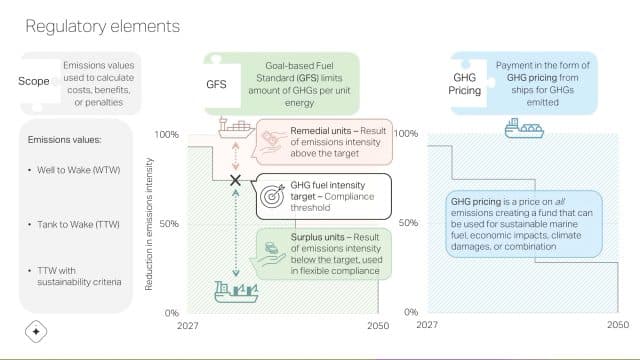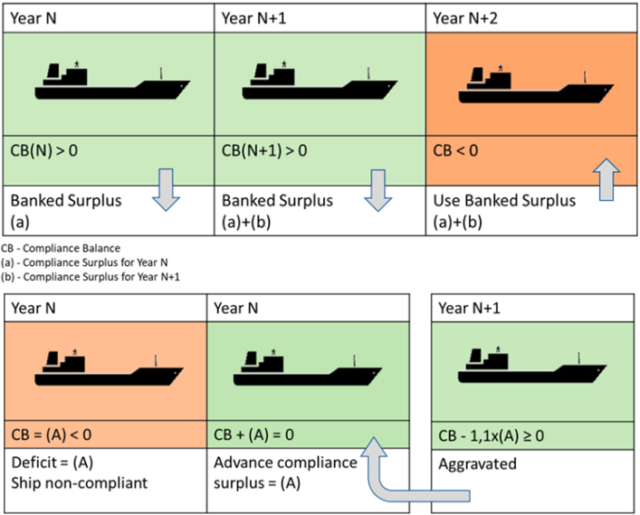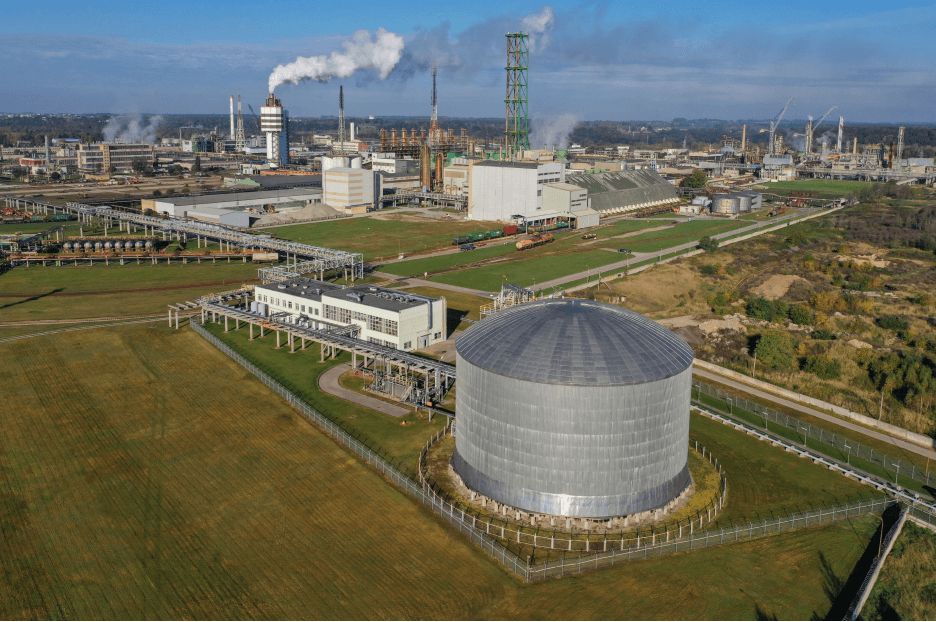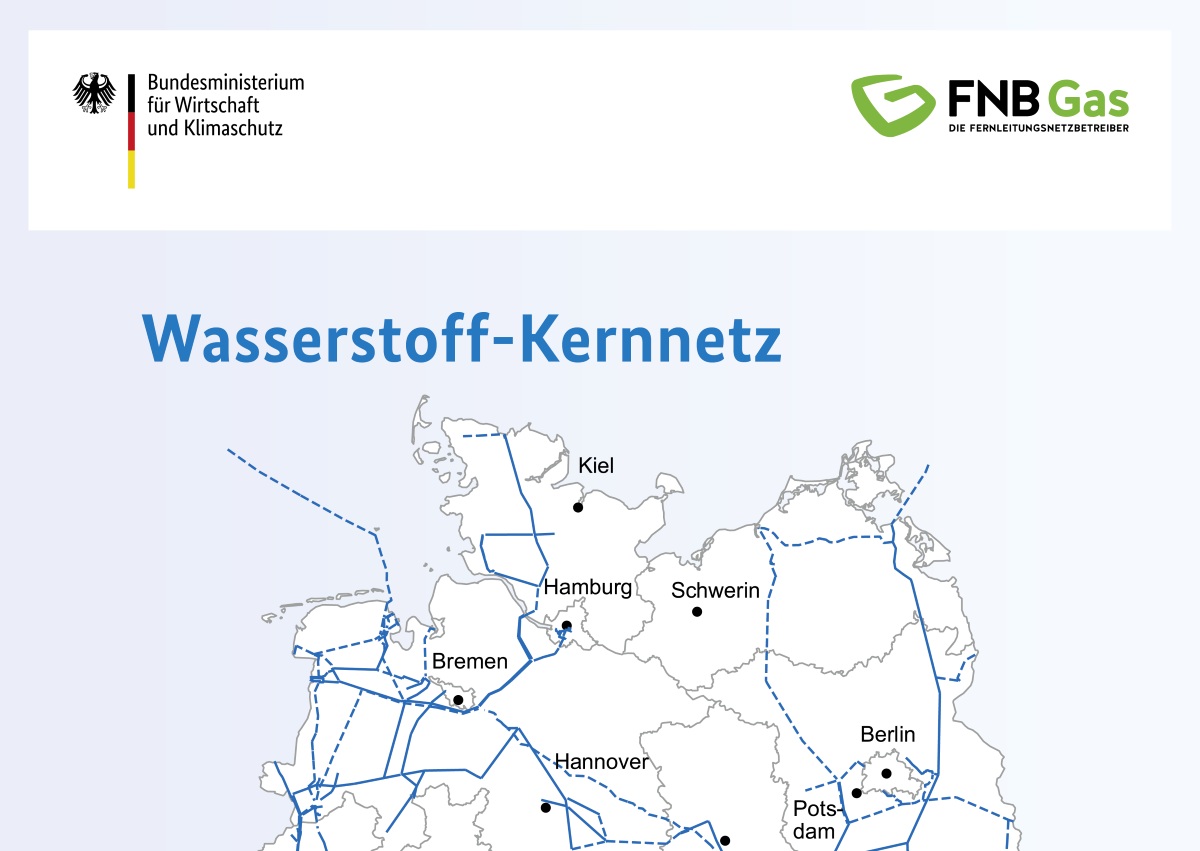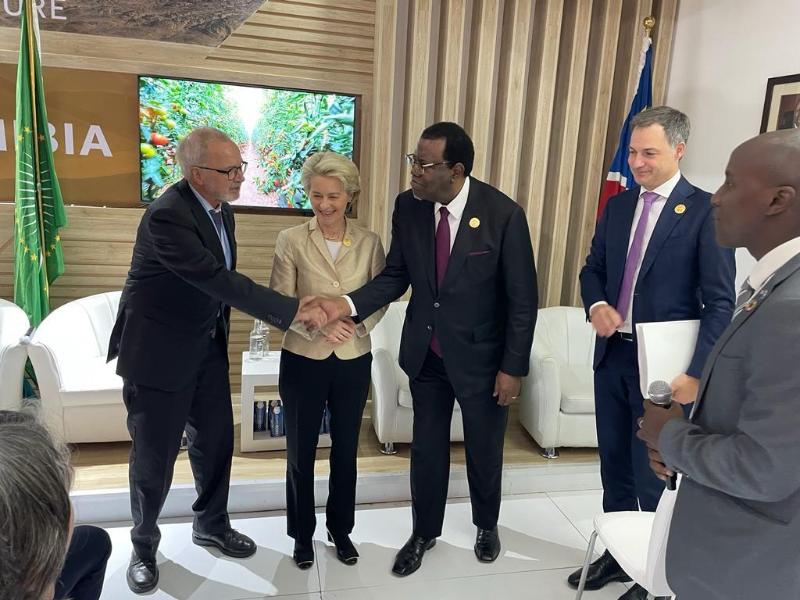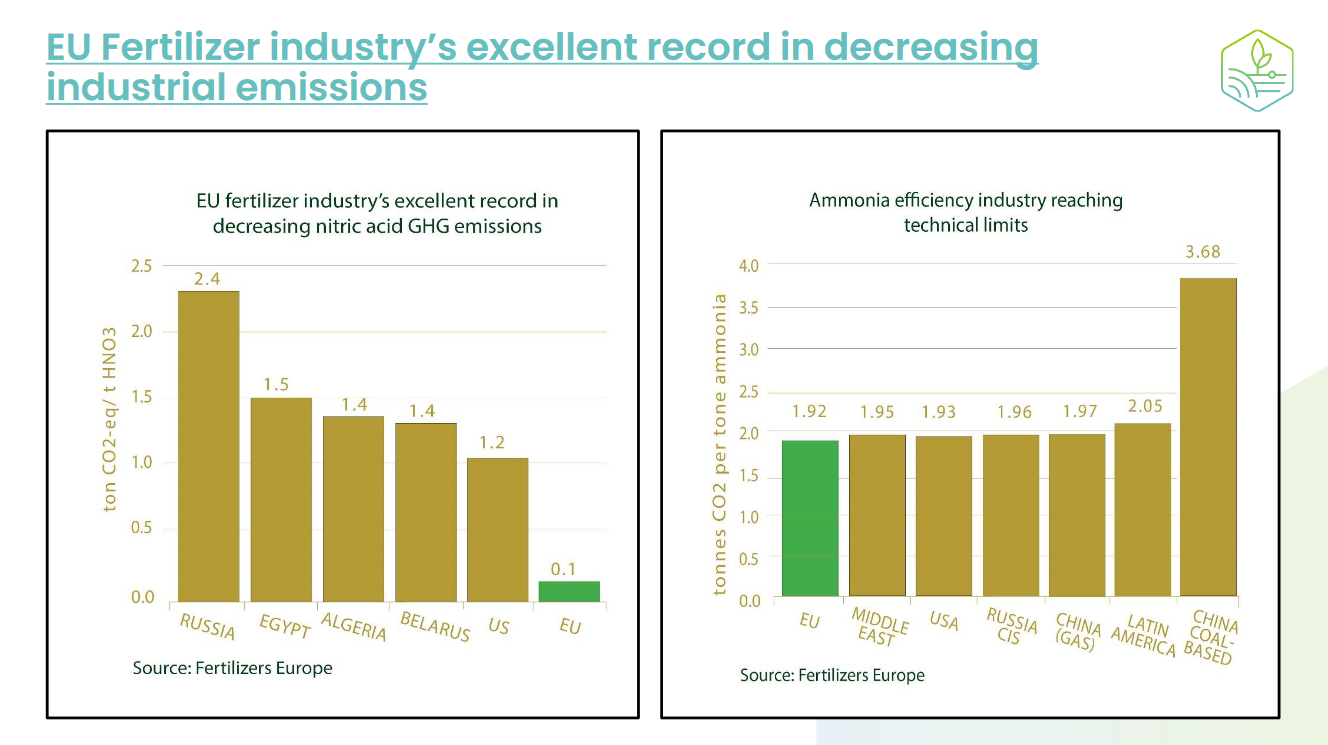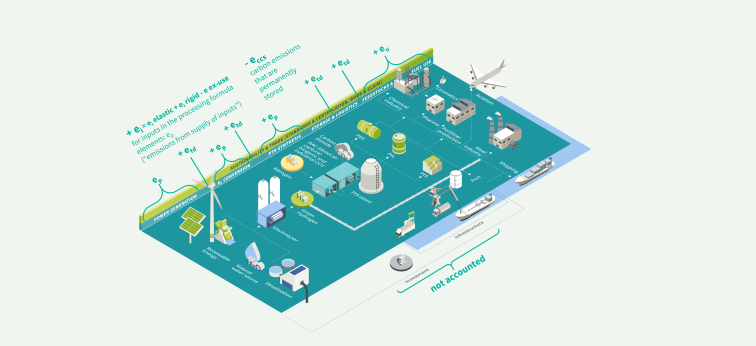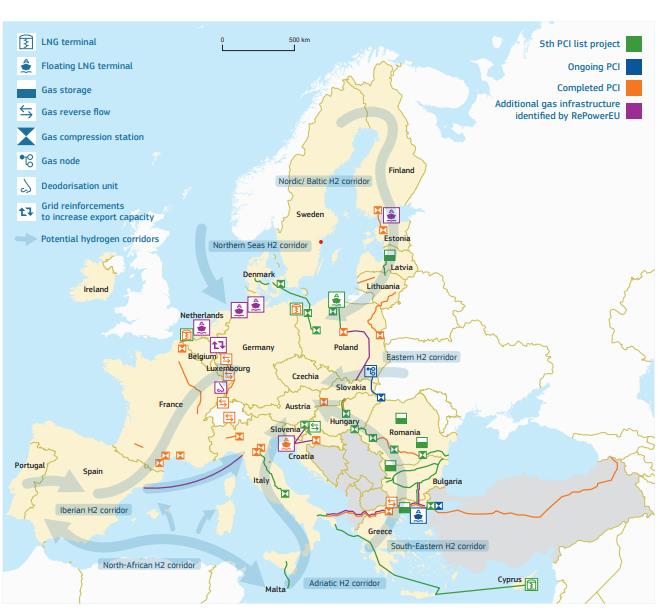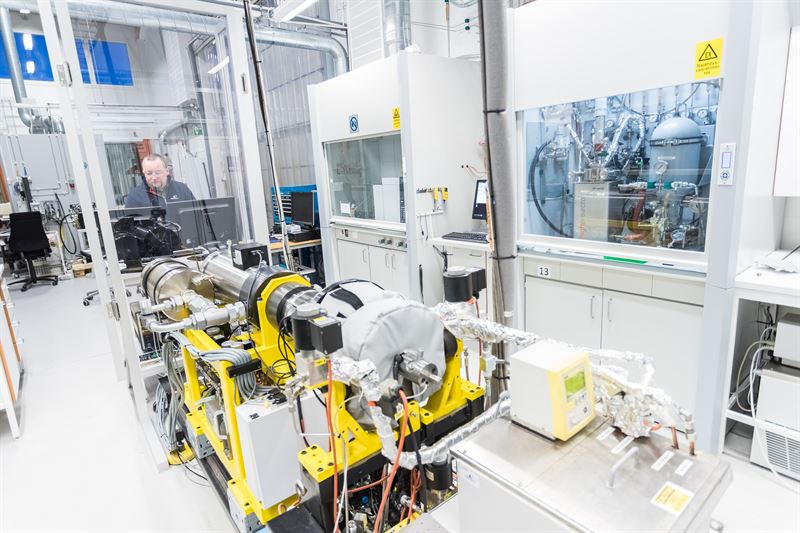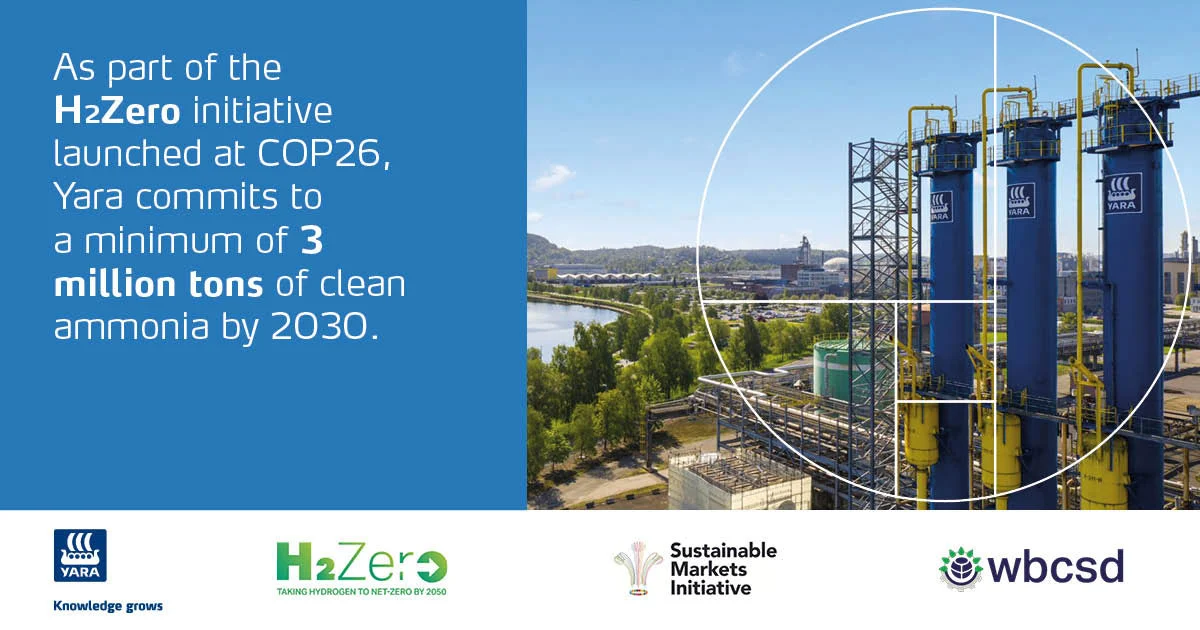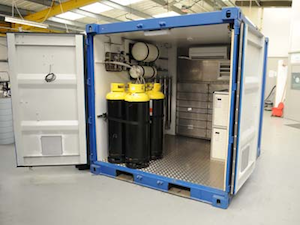A group of 28 global organisations (H2Zero) announced significant new pledges to drive the development of the global hydrogen industry at COP26 last week. On the supply side, the pledges add up to 18 million tonnes per year "lower carbon" hydrogen landing in global markets, displacing fossil hydrogen, conventional transport fuel and natural gas for industrial heating applications. On the demand side (including the use of lower carbon hydrogen for fertiliser, chemicals and explosives production), the pledges add up to 1.6 million tonnes. Of particular interest is Yara's pledge to source &/or produce at least 3 million tonnes of reduced carbon ammonia by 2030.

